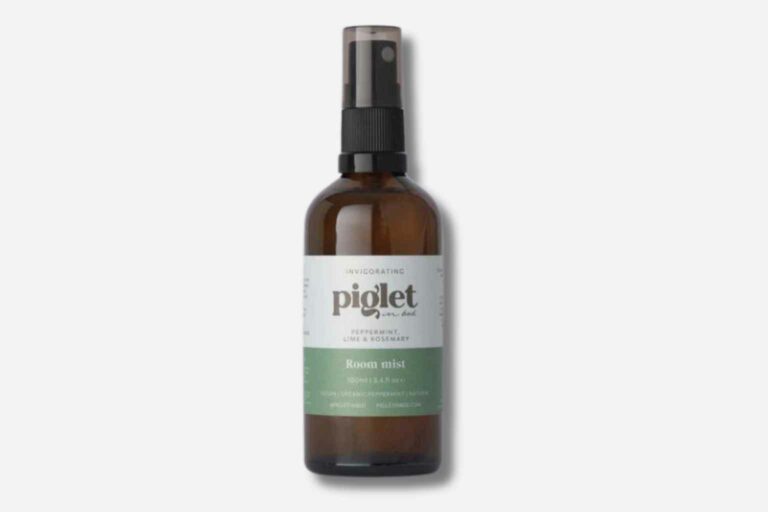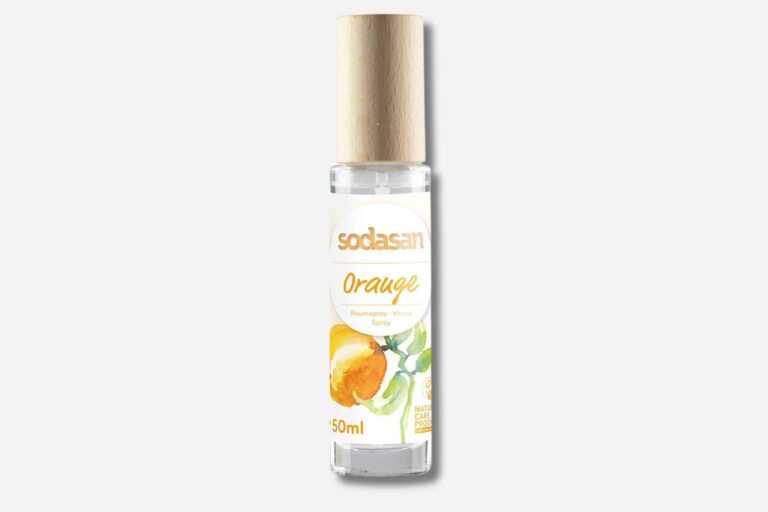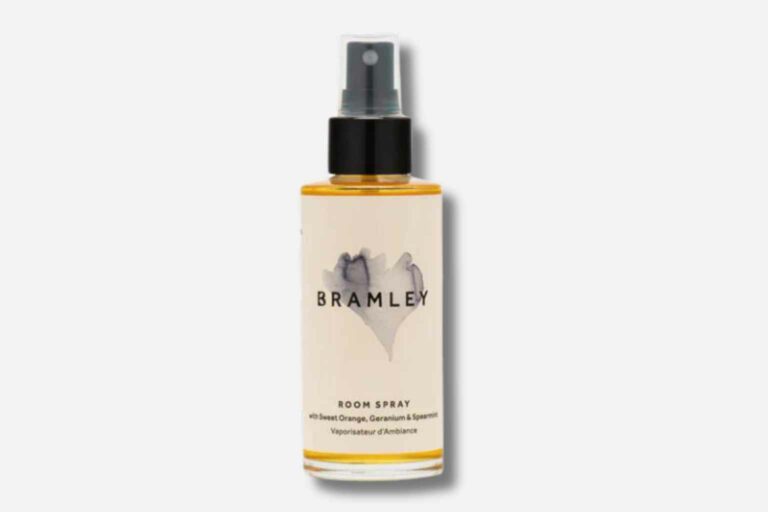
Sustainable Air Fresheners: Introduction
Welcome to your weekly tip, which this week is all about Sustainable Air Fresheners! Choosing eco-friendly air fresheners is a small yet impactful step in our journey towards sustainability. Often an afterthought, the air fresheners we use can significantly affect our environment and health.
With that in mind, today, let’s explore the world of sustainable air fresheners. We’ll uncover their benefits and how they contribute to a healthier, more eco-friendly home. Join us in learning how a simple choice can lead to a big difference in our world!
Air Fresheners: A History
The journey of air fresheners is as diverse as human history itself. During the Roman era, fragrances played a significant role in daily life. Romans were known to infuse their baths and homes with aromatic flowers and herbs and even scented their wine and military parades.
In the Middle Ages, cleanliness was not as prioritised, leading to more pungent living environments. To combat these odours, people turned to herbs like lavender and chamomile for their natural fragrance and purported health benefits.
The Victorian era marked a turning point, with a growing emphasis on cleanliness and hygiene. This period saw the introduction of potpourri, a mixture of dried flowers and spices, often displayed in elegant bowls to freshen the air in homes.
The Industrial Revolution brought significant advancements around mass production. Following this, the development of synthetic chemicals laid the foundation for modern air fresheners. The late 19th and early 20th centuries saw the creation of more sophisticated scents and delivery methods.

This rich history sets the stage for the air fresheners we know today. While past eras relied on natural materials to scent their environments, modern advancements have allowed for a wide variety of products, leading us to a synthetic and less sustainable and more unhealthy materials.
Traditional Air Fresheners: Environmental Impact
Traditional air fresheners, a common household convenience, carry a noticeable cost to the environment. One significant issue is the presence of volatile organic compounds (VOCs) in many of these products. VOCs contribute to indoor air pollution and pose health risks. When released outside, they can also contribute to the formation of ground-level ozone, a key component of smog.
The iconic aerosol sprays, a staple of the 20th century, initially used chlorofluorocarbons (CFCs) as propellants. These compounds were later found to deplete the ozone layer, leading to a shift to more ozone-friendly propellants. However, concerns about their carbon footprint and waste generation persist. The production, use, and disposal of these aerosol containers contribute to increased carbon emissions and environmental waste.
Additionally, the synthetic fragrances used in many air fresheners are often derived from petrochemicals. The production of these materials contributes to carbon emissions and, combined with the packaging and disposal challenges, adds to the problem of plastic pollution.

Every discarded air freshener container, whether plastic or aerosol, adds to our growing landfills and ocean pollution, highlighting the need for more sustainable practices in air freshening methods.
Sustainable Air Fresheners: What to Look For
When searching for sustainable air fresheners, there are several key elements to consider. Firstly, the choice of ingredients is paramount. Opting for air fresheners that utilise natural fragrances, such as those derived from essential oils or plant extracts, is a healthier and more environmentally friendly option.
These natural scents are less likely to contribute to indoor air pollution or pose health risks compared to their synthetic counterparts. Additionally, the packaging of the product is equally crucial. Eco-conscious consumers should seek out air fresheners that come in minimal, biodegradable, or recyclable packaging, thereby reducing the product’s overall environmental footprint.
Another aspect to consider is the type of dispenser used. Non-aerosol dispensers, such as reed diffusers or solid air fresheners, are more sustainable choices as they do not rely on harmful propellants, which are common in traditional aerosol sprays. Furthermore, it’s beneficial to look for transparency in the brands you choose. Companies that are open about their ingredients and processes, and those that hold environmental certifications, are generally more trustworthy.

Lastly, supporting locally made air fresheners can significantly reduce carbon emissions associated with transportation and support local economies. By keeping these factors in mind, consumers can make informed decisions that align with a sustainable lifestyle while enjoying a fragrant home environment.
Sustainable Air Fresheners: Three of Our Favourite Brands
Piglet In Bed
Specialising in eco-friendly bedding and homeware, Piglet in Bed offers a range of natural scents like invigorating, calming, and reviving, perfect for setting any mood in your home. Made with essential oils and free from parabens and artificial fragrances, their air fresheners are not only environmentally responsible but also safe for your home. Additionally, Piglet in Bed’s commitment to sustainability is reflected in their thoughtful packaging and responsible sourcing practices, ensuring that their products not only smell wonderful but also support a healthier planet.
Shop Piglet in Bed and sign up for their newsletter for 10% off your first order.

Sodasan
Providing organic air fresheners, Sodasan’s products are 96% organic. Available in scents like lavender, fresh orange, and sandalwood, these essential oil blends are vegan-friendly and free from synthetic nasties. The air fresheners come in recyclable glass bottles with plastic-free beech wood caps. In addition to their eco-friendly formulations, Sodasan focuses on sustainable production processes, ensuring that their products have a minimal carbon footprint. The brand also champions responsible sourcing, using only ingredients that are ethically and sustainably obtained.
Shop Sodasan and sign up for their newsletter for 10% off your first purchase.

Bramley Eco-Friendly Air Fresheners
Scented with sweet orange, geranium, and spearmint essential oils, Bramley’s air freshener is 100% naturally derived and made in the UK. Vegan-friendly and cruelty-free, it comes in a recyclable glass bottle. Each sale supports Plantlife, a conservation charity. Bramley’s commitment to sustainability extends beyond their products to their overall business practices, including reducing waste and promoting biodiversity. Their partnership with Plantlife reflects their dedication to protecting and enhancing the natural environment.
Shop Bramley and sign up for their newsletter for 10% off your first order

Sustainable Air Fresheners: Wrap Up
Embracing sustainable air fresheners is an effective way to enhance our homes while caring for our planet. Brands like Eco-Me, Sodasan, and Bramley Eco-Friendly Air Freshener are leading the way in offering eco-conscious solutions.
By choosing these sustainable brands, we not only enjoy a fresh, fragrant home but also contribute to a healthier environment. Remember, each small choice we make can have a significant impact on our planet’s well-being.
Play It Green: Empowering Your Sustainability Journey
Ready to take your commitment to sustainability to the next level? Play It Green stands as your partner in creating positive environmental change. From educational resources on sustainable practices and signposting to sustainable services to initiatives like tree planting and social giving, Play It Green offers a holistic approach to environmental stewardship.
Join us in the journey toward sustainability—embrace eco-conscious practices and be a force for positive change in our world. All whilst staying relevant, meeting legislation and aligning with the values of today’s consumers and employees.







